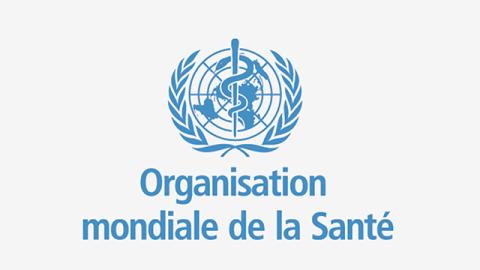
Busted! W.H.O. staffers enjoy 5-Star Hotels, Fly 1st Class, Want More U.S. Money
The World Health Organization, whose mission is to fight the deadliest health problems around the globe, spends more money on luxury travel for its employees than it does on trying to save lives from certain horrific diseases.
The United Nations gives the WHO two billion dollars a year. The 194-nation organization is primarily funded by U.S. tax dollars. After he was elected, President Donald Trump tweeted : "The UN has such great potential," but has become "just a club for people to get together, talk, and have a good time. So sad!"
The United Nations has such great potential but right now it is just a club for people to get together, talk and have a good time. So sad!
— Donald J. Trump (@realDonaldTrump) December 26, 2016
According to an Associated Press investigation, the WHO routinely spends $200 million a year on travel expenses, more than it does to fight AIDS, malaria and tuberculosis. The amount of money the WHO spends on travel is far higher than that of similar organizations, such as UNICEF and Doctors Without Borders, and both of those organizations have a significantly greater number of employees than the WHO.
According to the AP, last year
W.H.O. spent:
- $59 million: Tuberculosis.
- $71 million: AIDS and Hepatitis
- $61 million: Malaria
- $200 million: Travel
- $450 million: Polio
On a recent trip to Guinea, where WHO director-general Dr. Margaret Chan praised health workers in West Africa for triumphing over Ebola, Chan stayed in the biggest presidential suite at the Palm Camayenne hotel in Conakry. The suite has an advertised price $1,008 a night.
The AP reports Chan spent more than $370,000 in travel in just one year. Three sources who asked not to be identified for fear of losing their jobs told the AP that Chan often flew first class.
Dr. Bruce Aylward, who directed WHO's outbreak response, racked up nearly $400,000 in travel expenses during the Ebola crisis, sometimes flying by helicopter to visit clinics instead of traveling by jeep over muddy roads, according to internal trip reports he filed.
"Some question whether the agency couldn't have shaved costs so that more funds went to West Africa, where the three stricken countries couldn't even afford basics like protective boots, gloves and soap for endangered medical workers or body bags for the thousands who died," the AP reports.
Several weeks ago, WHO asked for about $100 million to save people in Somalia from an ongoing drought. In April, it requested $126 million to stop the humanitarian catastrophe in Yemen .
"If WHO is not being as lean as possible, it's going to be hard to remain credible when they make their next funding appeal," said Dr. Ashish Jha, director of the Global Health Institute at Harvard University. "I can't think of any justification for ever flying first class."
Doctors Without Borders explicitly forbids staff from traveling in first class. Even the charity's president flies economy class, a spokeswoman said.
Compare International Aid Agencies:
- World Health Organization, 7,000 staffers, $200 million annual travel budget
- UNICEF, 13,000 staffers, $140 million annual travel budget
- Doctors Without Borders, 37,000 staffers, $43 million annual travel budget
The AP obtained a 2015 video of an in-house WHO seminar on accountability in which Nick Jeffreys, WHO's director of finance, said, "We don't trust people to do the right thing when it comes to travel." He added, staffers "can sometimes manipulate a little bit their travel," and said it was unclear whether staffers were booking the cheapest tickets or even if the trip was necessary at all.
"People don't always know what the right thing to do is," he said.
Another WHO staff member said employees there regularly disobey the travel regulations without consequence. For example, internal memos reveal the cost-saving measure of booking travel in advance was adhered to as little as only 28% of the time in certain departments.
"We, as an organization, sometimes function as if rules are there to be broken and that exceptions are the rule rather than the norm," said Ian Smith, executive director of Chan's office.



